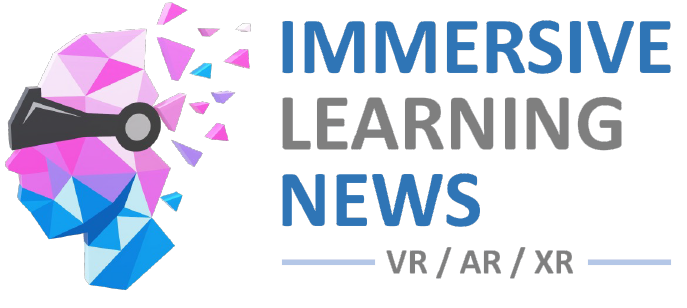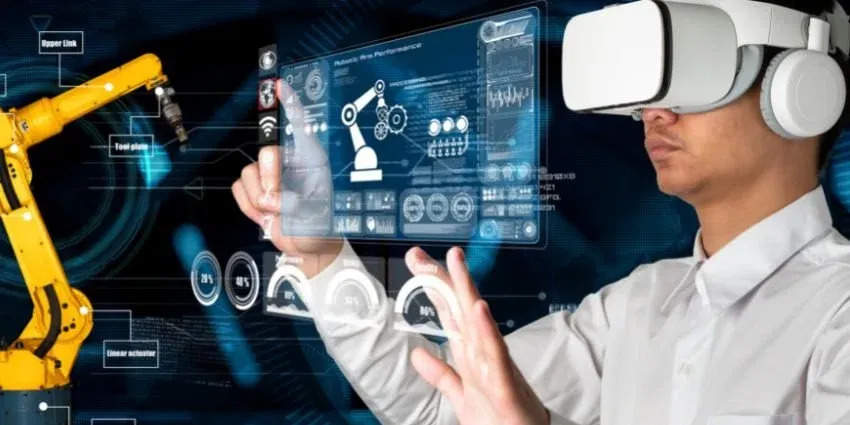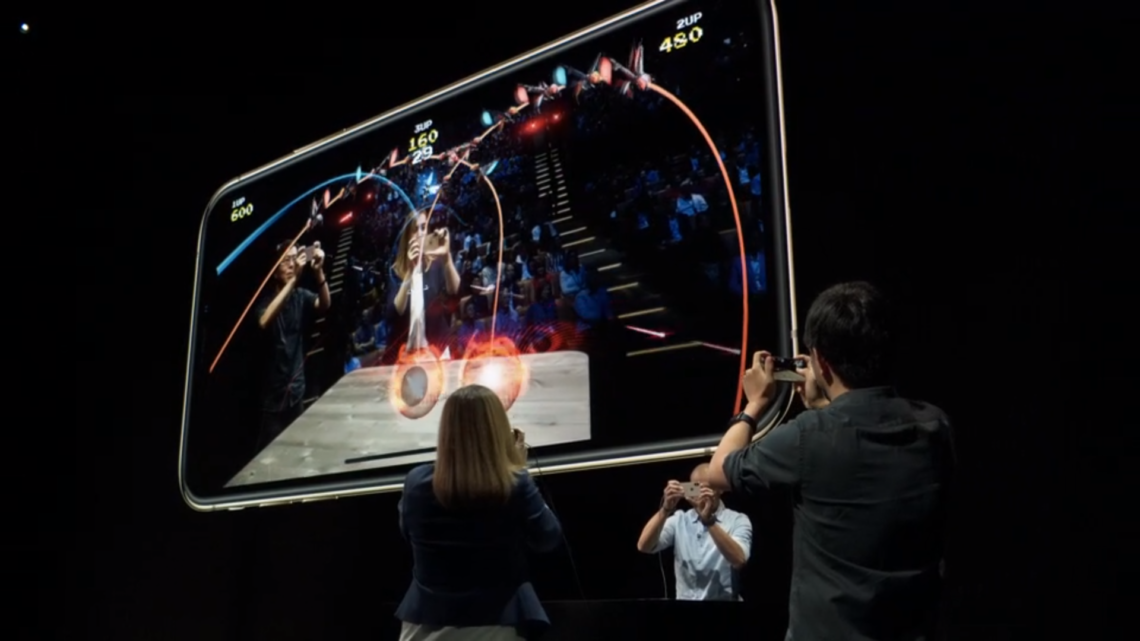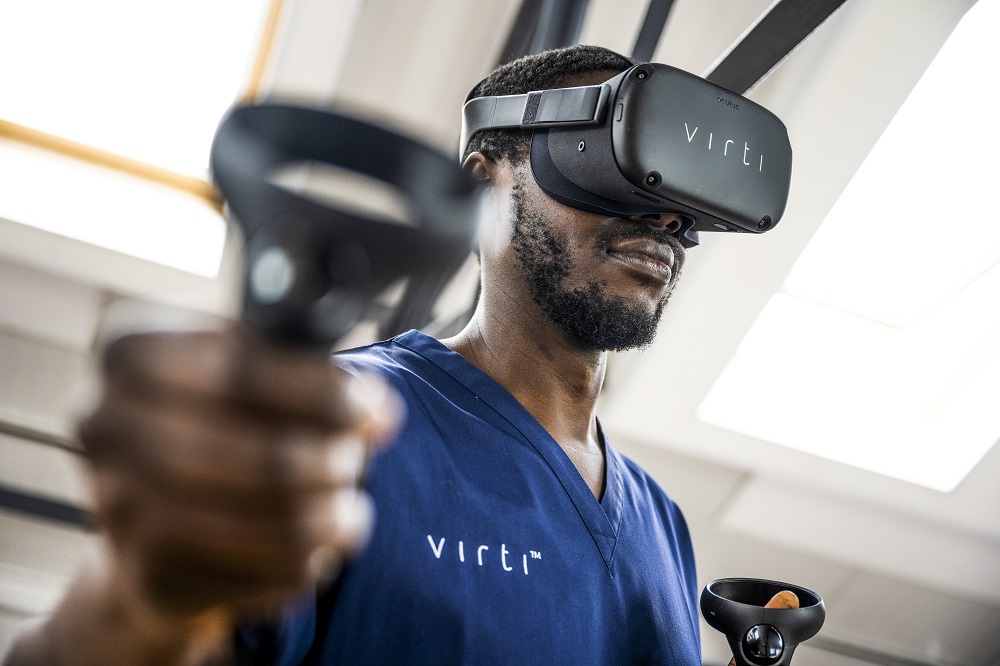Immersive technologies—augmented, virtual, and mixed reality—are being used in industrial environments with great, if quiet, success. The average person pictures the metaverse as a social virtual world, how Zuckerberg talks about it, but in reality (physical and virtual), enterprises are advancing immersive tech faster and with more tangible benefits.
Mitsubishi Electric Field Services
Mitsubishi Electric is integrating AR and VR into many of its processes, including customer support. Customers can connect with Mitsubishi support team members and engineers with smartphone- and headset-based immersive technology to work through complex support issues. Virtual field support reduces travel time and cost and improves resolution speed.
Toyota Training
Toyota is using mixed reality and the metaverse to enable their employees to share knowledge and improve their performance. With Microsoft HoloLens 2 headsets, Toyota employees can access all of the company’s tools and training without carrying around a laptop or paper guides. Employees can access 3D renderings of vehicle information and training guides. The training times for various individual users have been reduced by up to 50%.
Volkswagen Autonomous Vehicle Simulations
Volkswagen is using game engines and advanced data analysis to help stakeholders make better-informed decisions to bring fully autonomous vehicles into reality. They’re using autonomous driving simulations and validations to help create autonomous vehicles that are safe, effective, and enjoyable.
ASK Chemicals Knowledge Management
As an aging workforce retires and companies struggle to bring in new qualified talent, knowledge documentation and transfer has become a priority. ASK Chemicals is using AR for field support as well as to document expertise from outgoing technical experts. Their experts have enjoyed documenting their hard-earned expertise, and younger workers like working for a company that uses technology to train them.
Space Force Medical Training
The U.S. Space Force—the real one, not the one on Netflix starring Steve Carell, though that’s worth a watch—is designing its Virtual Advancement of Learning for Operational Readiness (VALOR) to use VR for medical simulation training. Space scenarios aren’t easy to replicate on earth, but trainees can be taken to another world—literally—with virtual reality.
Immersive technology in industrial applications is quickly becoming a reality—and not just a virtual one.
Quelle:




